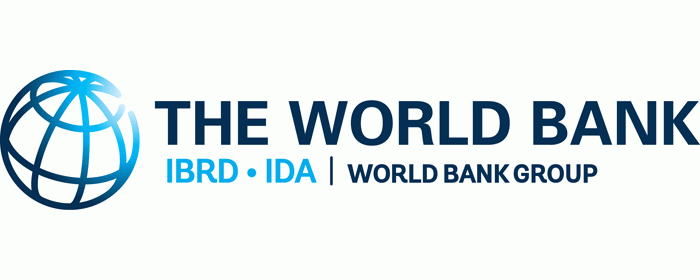Combating Gender-Based Violence in Latin America: Lessons from COVID-19 and the Work Ahead
The speakers' presentations and additional resources are available for download below. Sign up here to receive updates.
Soon after COVID-19 began spreading around the world, it became clear that measures intended to contain the coronavirus were exacerbating a second pandemic: one of gender-based violence. Stay-at-home regulations, for many women, carry their own dangers. Globally, according to the United Nations, 60 percent of murders of women are committed by an intimate partner or other family member. In Latin America—a region with some of the highest rates of gender-based violence in the world—governments, international organizations, and civil society have stepped up efforts to prevent and respond to violence as calls to hotlines surge. While most governments have put in place policies to increase protection for women, institutional support for addressing gender-based violence has not been sufficiently prioritized in all. Four months in, what can we learn from these initiatives? What is working and how can we ensure these policies’ effectiveness in a post-quarantine world?
On July 21, the World Bank and the Wilson Center hosted a discussion of how governments, organizations, and communities in Latin America are combating and responding to gender-based violence in the midst of the COVID-19 pandemic.
Speakers




Senior Legal and Gender Specialist, World Bank
Moderator

Hosted By

Latin America Program
The Wilson Center’s prestigious Latin America Program provides non-partisan expertise to a broad community of decision makers in the United States and Latin America on critical policy issues facing the Hemisphere. The Program provides insightful and actionable research for policymakers, private sector leaders, journalists, and public intellectuals in the United States and Latin America. To bridge the gap between scholarship and policy action, it fosters new inquiry, sponsors high-level public and private meetings among multiple stakeholders, and explores policy options to improve outcomes for citizens throughout the Americas. Drawing on the Wilson Center’s strength as the nation’s key non-partisan policy forum, the Program serves as a trusted source of analysis and a vital point of contact between the worlds of scholarship and action. Read more


Brazil Institute
The Brazil Institute—the only country-specific policy institution focused on Brazil in Washington—aims to deepen understanding of Brazil’s complex landscape and strengthen relations between Brazilian and US institutions across all sectors. Read more


Mexico Institute
The Mexico Institute seeks to improve understanding, communication, and cooperation between Mexico and the United States by promoting original research, encouraging public discussion, and proposing policy options for enhancing the bilateral relationship. A binational Advisory Board, chaired by Luis Téllez and Earl Anthony Wayne, oversees the work of the Mexico Institute. Read more

